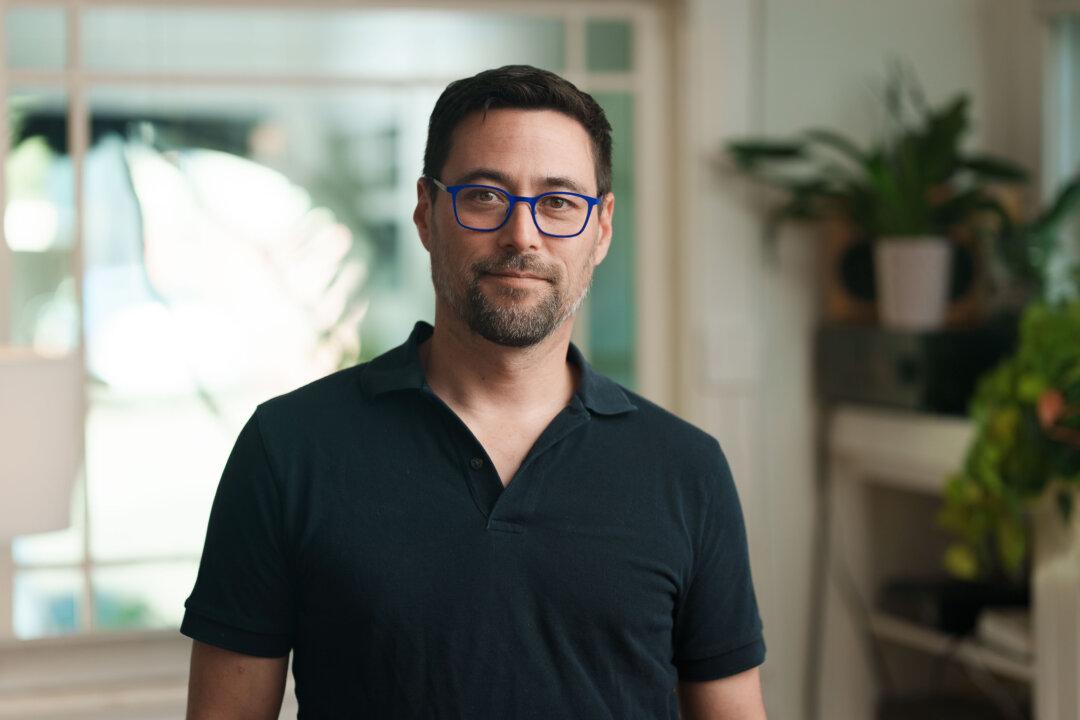In a recent episode of “American Thought Leaders,” host Jan Jekielek talks with Leighton Woodhouse, an investigative journalist, documentary filmmaker, and native of Berkeley, California. Mr. Woodhouse has been documenting the “street addiction crisis” engulfing the Bay Area and the political culture and policies fueling it. He is also the co-founder of the “Public” publication on Substack with Michael Shellenberger and a key investigator of the Twitter Files.
Jan Jekielek: The ideology emanating from Berkeley and from San Francisco is that all drugs should be legal.





